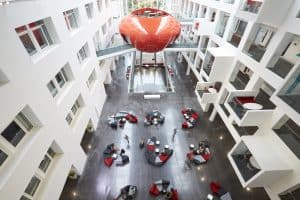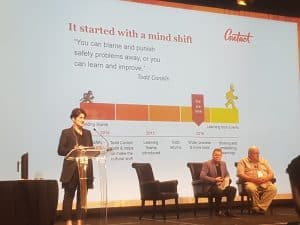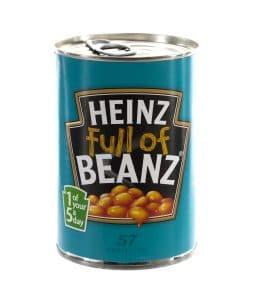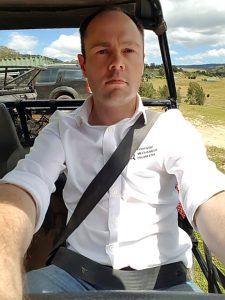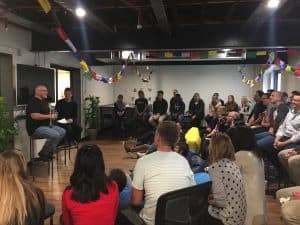
SafetyAtWorkBlog and others have been critical of some of the products and practices of Australia safety company SafetyCulture. However Luke Anear, SafetyCulture’s CEO invited me to speak at a briefing for his staff and this seemed a good opportunity to better understand his company.

